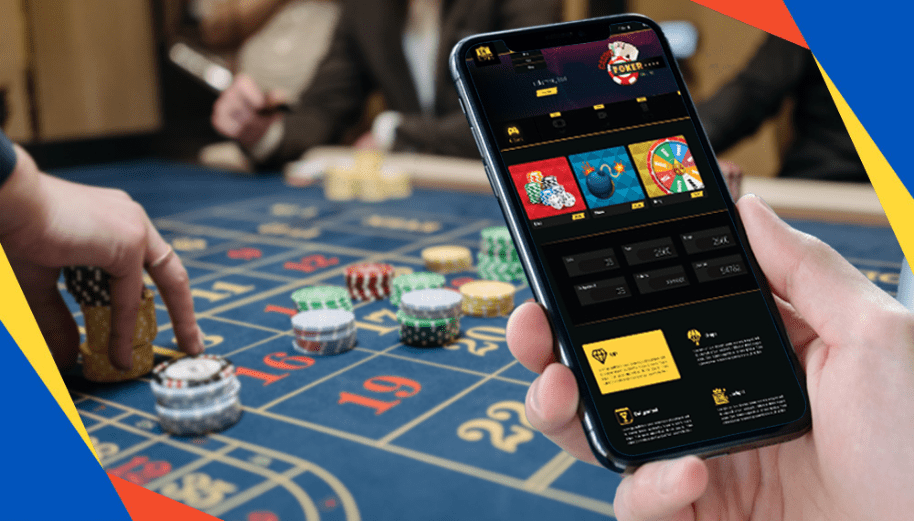
Online poker has witnessed a remarkable evolution since its inception, revolutionizing the way we play and experience the game of poker
With advancements in technology and changing player preferences, online poker has adapted and thrived. In this article, we explore the evolution of online poker, highlighting the trends, innovations, and future prospects that shape this dynamic industry
1. Rise of Mobile Poker:
One of the significant trends in online poker has been the emergence of mobile poker apps. The widespread adoption of smartphones and tablets has allowed players to access their favorite poker games on the go. Mobile poker apps offer convenience, flexibility, and seamless gameplay, allowing players to compete anytime, anywhere. The integration of touch controls and optimized user interfaces has enhanced the mobile poker experience, attracting a new generation of players and expanding the player base.
2. Live Dealer and Virtual Reality (VR) Poker:
In recent years, the introduction of live dealer poker has added a new level of authenticity and immersion to the online poker experience. Live dealer games stream real-time footage of professional dealers dealing cards, creating a more realistic and social atmosphere. Players can interact with the dealer and other participants through chat functions, replicating the feel of a land-based casino. Furthermore, the development of virtual reality (VR) poker has the potential to revolutionize online poker, providing an immersive and lifelike environment where players can interact in a virtual poker room.
3. Collaborative and Social Features:
Online poker has evolved beyond the traditional solitary experience, incorporating collaborative and social elements. Players can now join online communities, participate in forums, and engage in chat functions during gameplay. Some platforms even offer features that facilitate team play and cooperative tournaments, fostering a sense of camaraderie and friendly competition among players. These collaborative and social aspects of online poker create a more engaging and interactive environment, enriching the overall experience.
4. Integration of Artificial Intelligence (AI) and Data Analytics:
The integration of artificial intelligence (AI) and data analytics has had a profound impact on online poker. AI-powered poker bots and algorithms have advanced significantly, challenging human players at the highest levels. These AI-driven tools provide valuable insights and analysis, helping players improve their strategies and make more informed decisions. Additionally, online poker platforms utilize data analytics to track player behavior, identify patterns, and enhance game fairness and security.
5. Regulatory Changes and Global Market Expansion:
The landscape of online poker has seen significant regulatory changes in various jurisdictions. Some countries have legalized and regulated online poker, providing a safer and more secure environment for players. This has led to the expansion of the global online poker market, attracting more players and fostering innovation. The future prospects for online poker include the potential for cross-border liquidity sharing, international tournaments, and increased collaboration between regulatory bodies to create standardized player protections and regulations.
Conclusion:
The evolution of online poker has been shaped by technological advancements, changing player preferences, and regulatory developments. The rise of mobile poker, live dealer games, virtual reality, collaborative features, and AI integration has transformed the online poker experience, offering players new levels of convenience, immersion, and interactivity. As the industry continues to evolve, future prospects for online poker include further advancements in mobile gaming, virtual reality integration, enhanced social features, and the expansion of regulated markets. Online poker is poised to continue captivating players worldwide and pushing the boundaries of innovation in the years to come.


